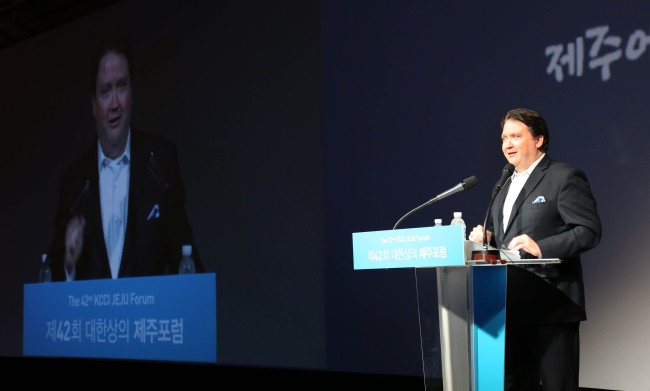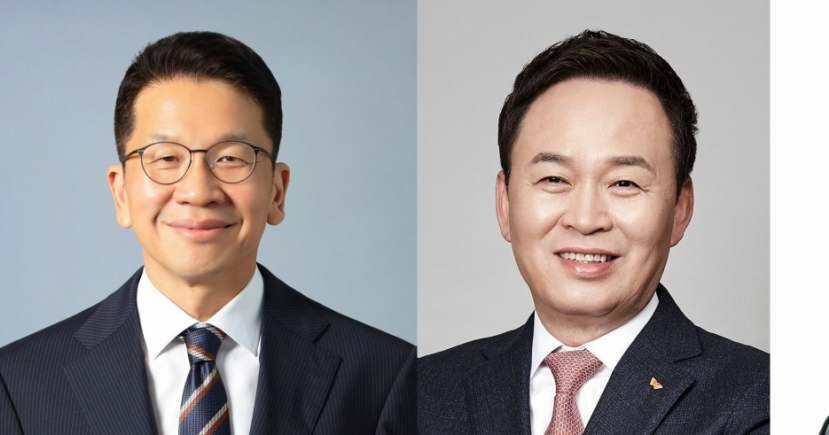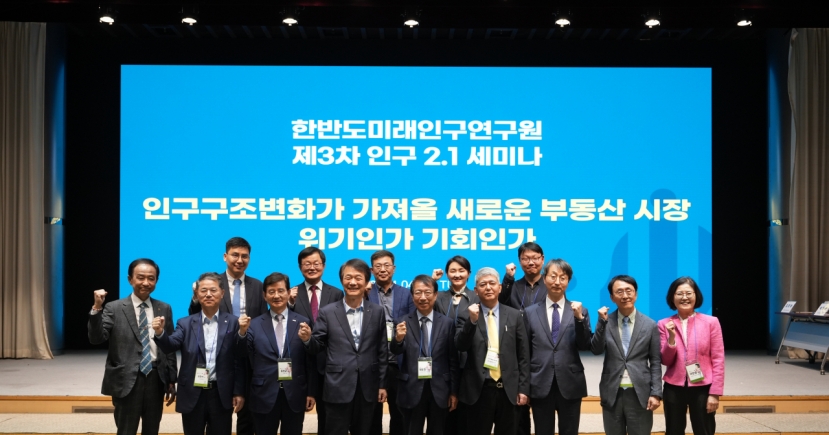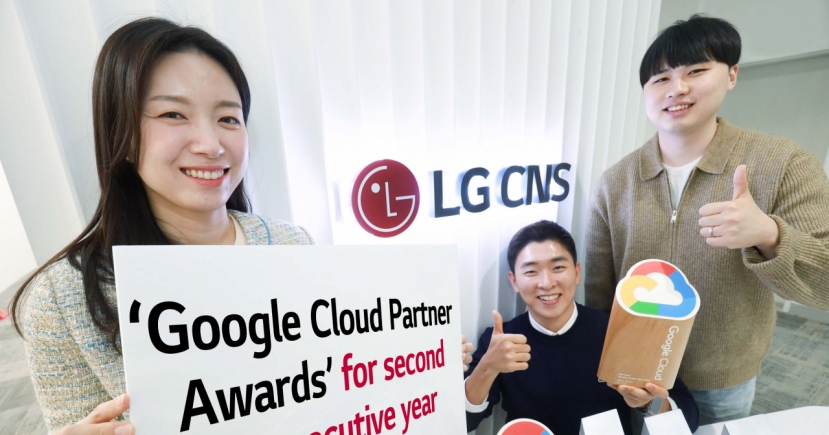Economy
‘US wants improvement of FTA, not renegotiation’
[THE INVESTOR] Amid growing concerns over US President Donald Trump’s repeated comments of “renegotiating” the free trade agreement with Korea, an American envoy to Seoul said on July 21 the intention is to improve the deal, not bring it back to square one.
When asked about Trump telling Americans his government is in the process of a renegotiation with South Korea, Marc Knapper, charge d’affaires ad interim at the US Embassy Seoul refuted, saying what the US wants is an amendment to the deal. He added it is intended to keep the bilateral economic relationship vibrant into the future, as the US suffers greatly from a trade imbalance with Asia’s fourth-largest economy.
 |
“We are not looking for a renegotiation, but what we are looking for is a chance to sit down in a joint committee and discuss ways to improve, amend the course of FTA,” he said at a forum held by the Korea Chamber of Commerce and Industry in Jeju.
“We always believe that there is a room for improvement. Therefore, our economic partnership continues to be vibrant, we believe it also has to be fair and balanced. And we believe that there’s significant trade imbalance that must be addressed,” he said, without commenting on specific trading sectors where the US suffers deficit.
But the acting US ambassador pointed to exports of natural energy resources to South Korea as an example of reducing trade imbalance. It will be mutually beneficial to both countries and companies in the respective countries, as the US is looking for a partner to develop infrastructure to expand and modernize related businesses and industries, according to Knapper.
“The US is eager to begin exporting energy in South Korea. And we are rapidly developing infrastructure and looking for partners to help infrastructure so that we can have the capacity to get this energy to partners like Korea,” he said.
The US believes it can be a reliable partner and help promote Korea’s energy insecurity by supplying liquefied natural gas and shale gas, according to Knapper, with companies from the two countries partnering to build infrastructure in the US, so that Korea can be a greater energy partner with the US.
Knapper’s remarks came a week after US Trade Representative Robert Lighthizer sent Korea’s Ministry of Trade, Industry and Energy a formal request to hold a joint meeting to begin discussions on revising the Korea-US free trade agreement within 30 days. The Korean government responded by saying the timeline may not be realistically possible, as the country has not yet appointed its new trade minister. An official date for the pending FTA revision meeting has not been set. Trump blamed the FTA for the US’ deepening trade deficit and vowed to modify or terminate the trade deal under his “America First” policy.
According to Knapper, Korea is the seventh-fastest growing source of foreign direct investment to the US. Over 50,000 American workers are being employed by Korean-owned firms and affiliates, which have invested more than US$40 billion in the US. Meanwhile, the US’ FDI in Korea was US$32.6 billion two years ago, making the country the No. 1 investor here, he said.
However, it has been questioned whether the US trade deficit with South Korea is due to the free trade deal that came into force five years ago.
The Ministry of Agriculture, Food and Rural Affairs said Seoul‘s trade deficit with the US in agricultural goods and meat exports came in at US$6.14 billion last year, as exports to the US reached a mere US$716 million while imports amounted to US$6.9 billion. Exports of South Korean cars also dropped, while the nation saw more cars coming from US.
The rationale behind Knapper’s claim also included that the deal seems rather outdated in its ability to embrace the latest technology that was not foreseen a decade before.
“I am sure that the agreement is relatively old, it’s 10 years old, and it came into force five years ago. When the agreement was first drafted, it didn’t envision such things as e-commerce for example.”
The “fourth industrial revolution” is expected to be a platform to expand the bilateral economic relationship.
“This also is providing the two countries new ways to collaborate to grow our economies and prepare for the future challenges and opportunities,” he said. “Samsung, of course, supports nearly 20,000 US jobs through investments and things like semiconductors and IoT (the Internet of Things). We believe that opportunity of growth in this area is even greater.”
Amid growing geopolitical tension over the deployment of a US anti-missile system on South Korean soil and the diplomatic dispute with Beijing that Seoul is facing because of the decision, Knapper stressed that the decision was made based on the firm alliance between the countries. The system is not a threat in the region, but only for North Korea, he stated.
“We as an alliance in the South agreed to deploy the THAAD missile system, we believe this is the most effective system to defend against NK missiles, and we believe the only country in the region that sees THAAD as a threat is North Korea,” he said, referring to the Terminal High Altitude Area Defense system. “No other countries in this part of the world should look at that and be worried.”
On South Korean President Moon Jae-in’s plan to initiate inter-Korean dialogue, Knapper said the US fully supports the plan.
“President Trump has also expressed to support Moon’s aspiration to restart inter-Korean dialogue on humanitarian issues and together the two presidents announced their intention to ensure that the sanctions have minimum impact on NK’s most vulnerable populations,” he said.
”Our friendship is the linchpin for security, stability and prosperity both on the Korean Peninsula and around the Asia-Pacific region, but also around the world. ... Our alliance remains iron-clad, steadfast in the face of ongoing and growing threats from North Korea.”
By Cho Chung-un/tH(christory@heraldcorp.com)


![[Exclusive] Korean military set to ban iPhones over 'security' concerns](http://res.heraldm.com/phpwas/restmb_idxmake.php?idx=151&simg=/content/image/2024/04/23/20240423050599_0.jpg)




![[Herald Interview] Bridging Korea, Philippines for better future](http://res.heraldm.com/phpwas/restmb_idxmake.php?idx=151&simg=/content/image/2024/04/23/20240423050735_0.jpg)
